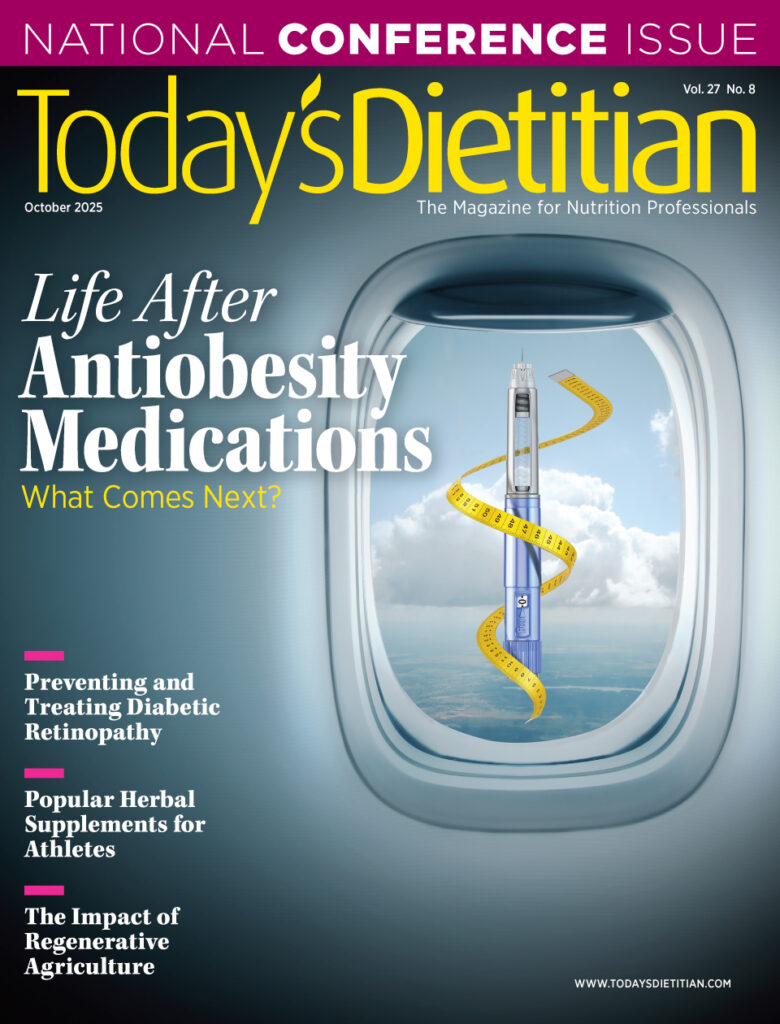Young people who eat healthful breakfasts at home have better psychosocial health, a recent study shows in Frontiers in Nutrition. While previous research has reported the important role of a nutritious breakfast, this is the first study to examine the reported effects of whether kids eat breakfast, as well as where and what they eat. These results provide valuable insights and recommendations for parents and their children.
“Our results suggest that it isn’t only important to eat breakfast, but it’s also important where young people eat breakfast and what they eat,” says first author José Francisco López-Gil, PhD, of the University of Castilla-La Mancha in Cuenca, Spain. “Skipping breakfast or eating breakfast away from home is associated with increased likelihood of psychosocial behavioral problems in children and adolescents. Similarly, consumption of certain foods/drinks are associated with higher [eg, processed meat] or lower [eg, dairies, cereals] odds of psychosocial behavioral problems.”
Breakfast Matters
In this study, López-Gil and his collaborators analyzed data from the 2017 Spanish National Health Survey. This survey included questionnaires about breakfast habits as well as children’s psychosocial health, which included characteristics such as self-esteem, mood, and anxiety. The questionnaires were completed by the children’s parents or guardians, and the results included a total of 3,772 Spanish residents between the ages of 4 and 14.
Among the most important results, López-Gil and the team found that eating breakfast away from home was nearly as detrimental as skipping the meal entirely. The authors suggest this may be because meals away from home are frequently less nutritious than those prepared at home.
The results also showed that coffee, milk, tea, chocolate, cocoa, yogurt, bread, toast, cereals, and pastries all were associated with lower chances of behavioral problems. Surprisingly, eggs, cheese, and ham were linked with higher risks of such issues.
Beyond Nutrition
Although this study is limited to Spain, these findings are consistent with research performed elsewhere. The availability of nutritious breakfasts at schools likely would influence the results in some locations.
But other factors, such as the social and family support that young people can receive during breakfast at home, also may play a role in the observed benefits. The authors emphasize the need for further studies to understand the cause-and-effect relationships behind their observations, but still they suggest the usefulness of these results.
“The fact that eating breakfast away from home is associated with greater psychosocial health problems is a novel aspect of our study,” López-Gil says. “Our findings reinforce the need to promote not only breakfast as part of a healthful lifestyle routine but also that it should be eaten at home. Also, to prevent psychosocial health problems, a breakfast that includes dairy and/or cereals and minimizes certain animal foods high in saturated fat/cholesterol, could help to decrease psychosocial health problems in young people.”
— Source: Frontiers
Women in Sports
Never before has women’s sports been so successful on so many levels—participation, media coverage, funding, and exposure. Yet when it comes to promoting optimal health and performance for women in sports, there’s still much to learn.
New research from the University of South Australia shows that many Australian Football League Women’s Competition (AFLW) athletes aren’t consuming sufficient energy and carbohydrates throughout the season and on game days, which can negatively affect performance as well as recovery postmatch.
Physical activity and nutrition expert UniSA’s Alison Hill, PhD, says understanding the importance of nutrition is vital for women athletes at elite levels.
“Adequate energy and carbohydrates are vital for elite athletes because they increase endurance and support intermittent high-intensity performance,” Hill says. “But when we assessed dietary intakes of elite AFLW athletes, we found that many women weren’t regulating their diets to meet changing needs across the pre- and competitive seasons. And they weren’t fueling their bodies for optimal performance on game days.”
Similarly, knowledge gaps exist when it comes to women’s menstrual cycles and sports. Accredited exercise scientist and UniSA alumna Mikaeli Carmichael says menstrual cycles are likely to affect sports performance.
“In general, it’s not well understood how sports performance may be affected by the menstrual cycle,” Carmichael says. “Anecdotally and in the literature, many female athletes report experiencing menstrual symptoms that affect their ability to train and believe their performance is affected by the menstrual cycle.
“A preliminary study found that AFLW players could experience decreased sleep quality and heightened fatigue during the luteal phase—the days just before their period starts—so it’s fair to say that this also would affect their performance.”
— Source: University of South Australia


